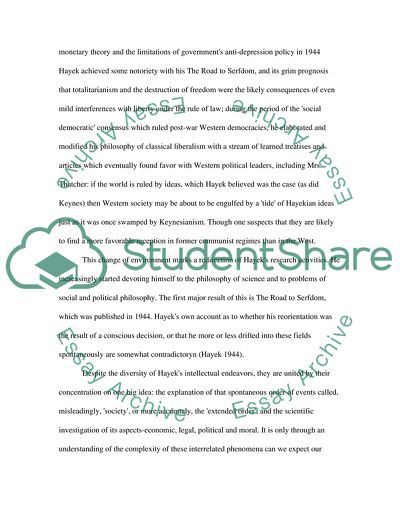Cite this document
(What might Freidrich Hayek bring to our understanding of the Essay, n.d.)
What might Freidrich Hayek bring to our understanding of the Essay. https://studentshare.org/education/1706332-what-might-freidrich-hayek-bring-to-our-understanding-of-the-information-society
What might Freidrich Hayek bring to our understanding of the Essay. https://studentshare.org/education/1706332-what-might-freidrich-hayek-bring-to-our-understanding-of-the-information-society
(What Might Freidrich Hayek Bring to Our Understanding of the Essay)
What Might Freidrich Hayek Bring to Our Understanding of the Essay. https://studentshare.org/education/1706332-what-might-freidrich-hayek-bring-to-our-understanding-of-the-information-society.
What Might Freidrich Hayek Bring to Our Understanding of the Essay. https://studentshare.org/education/1706332-what-might-freidrich-hayek-bring-to-our-understanding-of-the-information-society.
“What Might Freidrich Hayek Bring to Our Understanding of the Essay”. https://studentshare.org/education/1706332-what-might-freidrich-hayek-bring-to-our-understanding-of-the-information-society.


